
Diversity & Inclusion
Diverse Teams Thrive With Four Elements of Belonging
Social, cognitive, emotional, and physical/sensory neuroinclusion are needed for employees to flourish in the workplace.


Social, cognitive, emotional, and physical/sensory neuroinclusion are needed for employees to flourish in the workplace.

Most companies come up short in preventing harassment, investigating complaints, and holding offenders accountable.
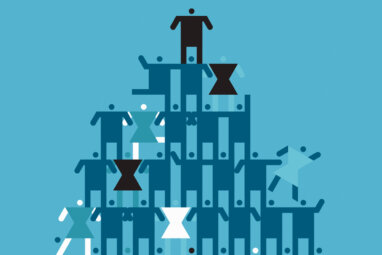
Learn how caste, a South Asian system of socioeconomic stratification, shapes organizations and interactions in the workplace.

Some workplace policies, practices, and interactions can make confident performers start to doubt their own competence.

Brian Elliott, a presenter at MIT SMR’s Work/23 symposium, answers questions about going hybrid.

Andrew Barnes, a presenter at MIT SMR’s Work/23 symposium, answers questions about reducing the length of the workweek.
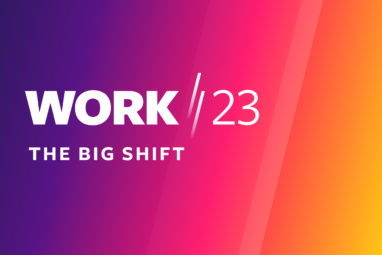
The full video of an MIT SMR symposium looks at how the pandemic has changed the way we work.

In this Q&A, Amy Ihlen of ADP discusses how connected cultures enhance engagement and inclusion.

Managers can help employees turn fears into fleeting thoughts as opposed to permanent restraints.

Workplace toxicity leads to a host of negative mental and physical health outcomes, particularly for women of color.
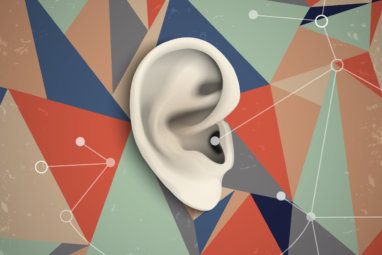
Research shows that companies can improve employees’ workplace experiences through the optimal use of sound.
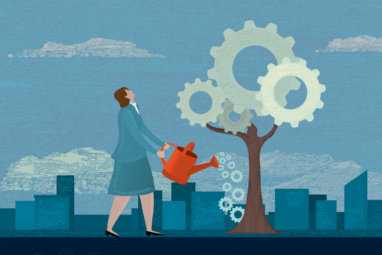
Forming a stronger bond with nature can benefit business leaders, their organizations, and the environment.
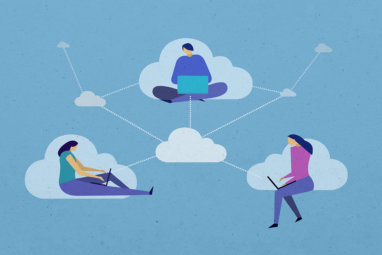
Allowing employees to work from home now and post-pandemic can benefit those with or without disabilities.

Stephanie Creary discusses the practices that underlie positive workplace diversity, equity, and inclusion outcomes.

The practices of astronauts offer a model for successfully adapting to remote and hybrid work.

Reimagining dense office spaces, evolving brand relationships, and accelerating ideation with prototyping tools.
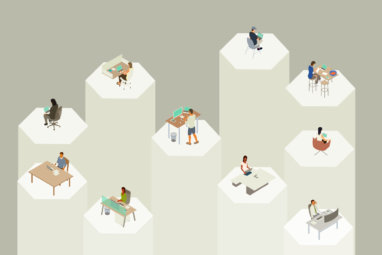
Many businesses are unaware that they’ve been creating an exodus from the office by limiting individual workspaces.

Coworking benefits for remote teams, sharing value for ecosystem success, and becoming a better workplace ally.
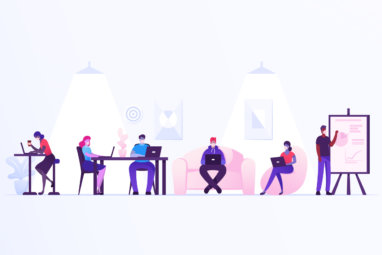
Coworking arrangements might be the ideal choice for employers and employees alike in the wake of the pandemic.
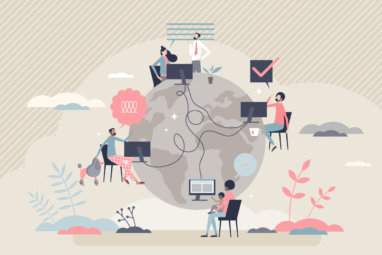
The post-pandemic era requires a leadership mindset change about jobs and managerial expectations.